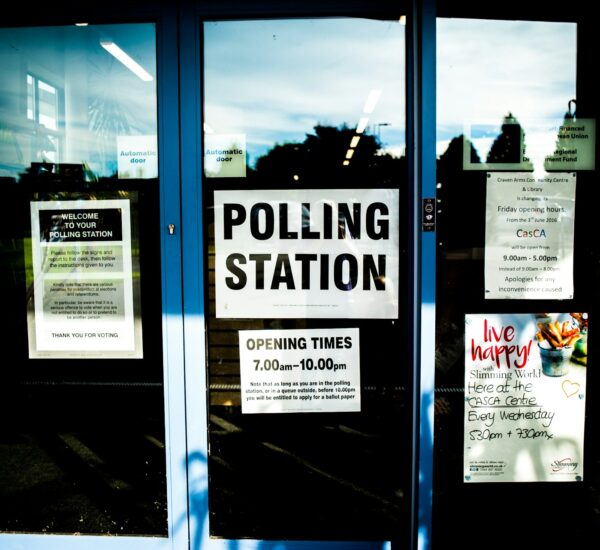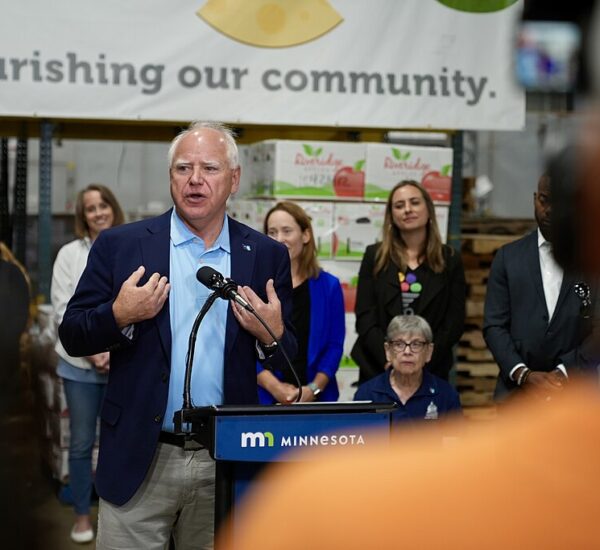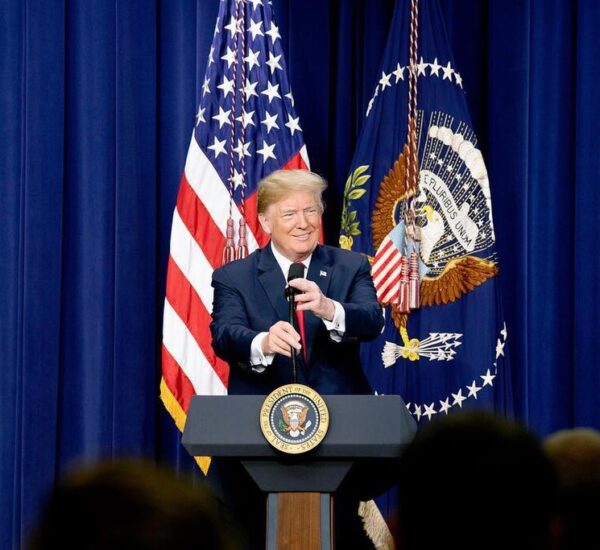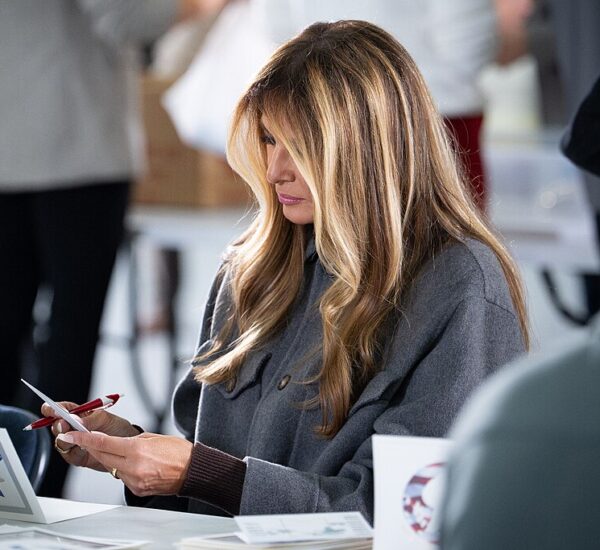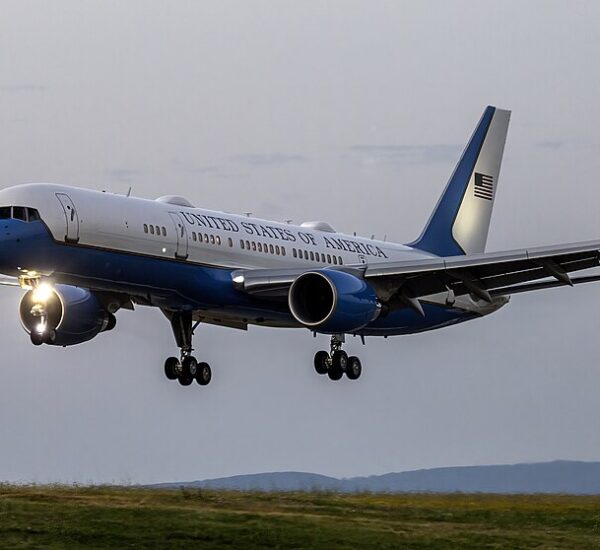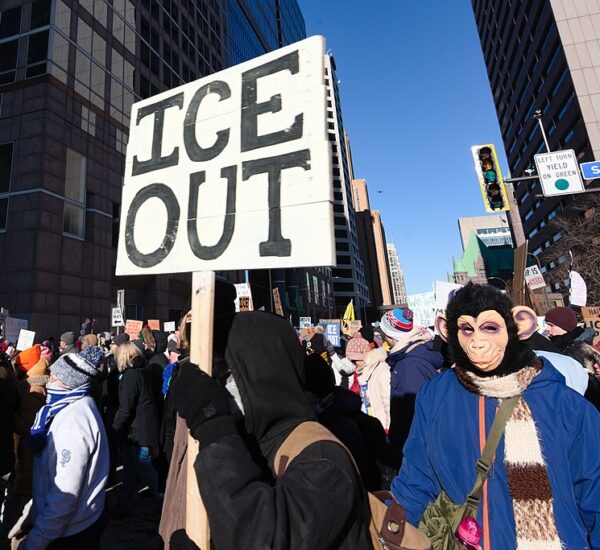Six Foreign Nationals Sanctioned Amid Rising Concerns Over Border Security and Drug Smuggling
In a powerful move to combat the growing threat of international drug cartels, the U.S. Treasury Department has imposed sanctions on six foreign nationals accused of using narco submarines and aircraft to traffic cocaine into the United States and other countries.
This crackdown highlights the ongoing threat posed by South American drug lords exploiting weak borders and corrupt governments to funnel illegal narcotics into American communities—at a time when many say Washington is failing to prioritize national security.
Who Was Sanctioned? Major Players in a Global Drug Network
According to the U.S. Department of the Treasury’s Office of Foreign Assets Control (OFAC), the sanctioned individuals include two Colombian nationals—Manuel Salazar Gutierrez and Yeison Andres Sanchez Vallejo—along with four Guyanese nationals: Randolph Duncan, Himnauth Sawh, Mark Cromwell, and Paul Daby Jr.
Officials say the group is responsible for smuggling tons of cocaine from Colombia through Guyana using semi-submersible “narco subs” and illicit air routes. Their operations reportedly extend across the Caribbean, Europe, and the U.S.
Corruption and Cartels: A Dangerous Combination
Deputy Treasury Secretary Michael Faulkender emphasized the need for decisive action:
“Under President Trump, we achieved the most secure border in modern history. Today, the Treasury Department is using every tool available to target criminal cartels and restore American safety.”
What’s particularly alarming is the alleged involvement of local law enforcement. Sawh, an active Guyanese police officer, is accused of helping Venezuelan and Mexican traffickers. Cromwell, a former officer, is wanted for the kidnapping of another officer—underscoring how deeply corruption runs in these criminal networks.
Narco Subs in the Jungle: A New Era of Drug Smuggling
Authorities say these traffickers have turned to increasingly advanced methods—including homemade submarines that sneak through jungle rivers and coastal waters. These semi-submersibles are difficult to detect and capable of transporting thousands of pounds of cocaine undetected.
Last year, U.S. and Guyanese law enforcement seized over 5,200 pounds of cocaine from one such vessel off Guyana’s coast.
Guyanese Cargo Ship Busted—Packages Linked to Sinaloa Cartel
In another shocking incident in March 2025, a Guyanese cargo ship was stopped near Trinidad and Tobago carrying 400 pounds of cocaine—with packages marked by the notorious Toyota logo, a symbol often used by the Sinaloa Cartel, one of Mexico’s most dangerous criminal organizations.
America’s Message: No Safe Harbor for Drug Traffickers
“All property and financial interests of these sanctioned individuals that are within U.S. jurisdiction are now blocked,” OFAC stated. “Any U.S. persons or businesses holding these assets must report them immediately.”
The Treasury also pointed to corruption in Guyana as a major obstacle in stopping the flow of cocaine. While the U.S. views Guyana as a strategic partner, the 2025 International Narcotics Control Strategy Report notes that deep-rooted corruption undermines anti-trafficking efforts.
A Call to Restore Law and Order
Deputy Secretary Faulkender concluded with a powerful reminder:
“We will continue to expose and dismantle the criminal networks that pump illegal drugs into our country. Our fight is far from over.”
With drug cartels evolving their methods and exploiting political weakness, America must return to strong leadership, secure borders, and law-and-order policies that prioritize the safety of our families.

